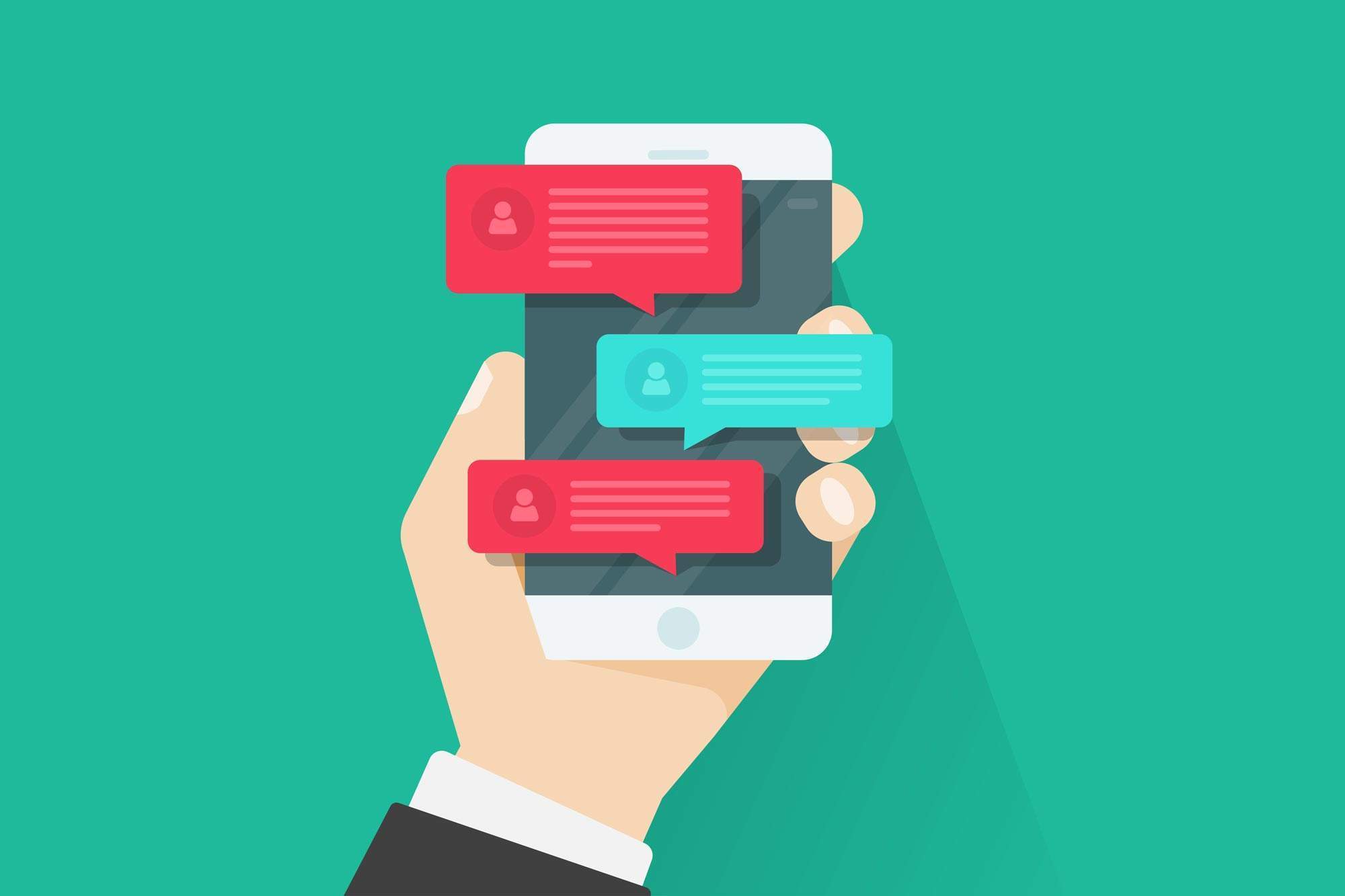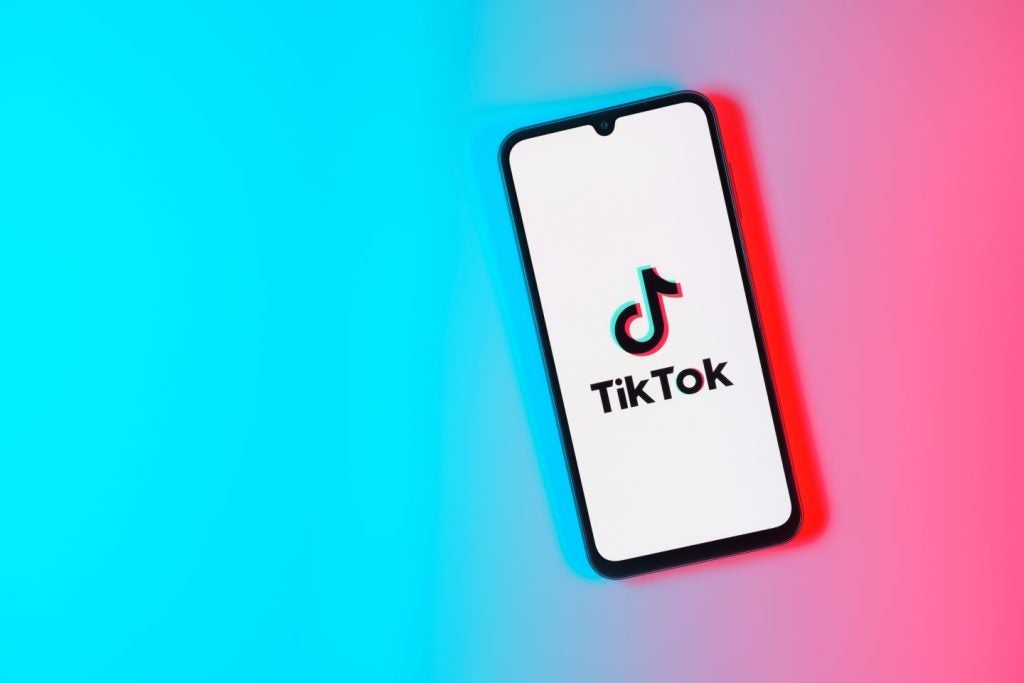
The presence of chatbots on business websites and social media is rapidly increasing as growing numbers of businesses use artificial intelligence (AI) to improve customer service and brand loyalty. But what is a chatbot?
Essentially, a chatbot is an assistant that communicates with us through voice commands, text chats or both. It is a virtual companion that integrates into websites, applications or instant messengers, helping brands to get closer to customers.
Computer programs that mimics conversation with people using AI, chatbots are used in various industries to deliver information or perform tasks, such as triaging inquiries, making a flight reservation or purchasing products.
The user can type or ask a question, and the chatbot responds with the right information. Depending on the situation, many chatbots can learn from what a customer says to personalise the interaction and build off previous interactions. They may also pass the user to a human if the inquiry is too complex.
Chatbots have the ability to look through huge amounts of data to provide a customer with precise, tailored information, whether it is a troubleshooting solution or recommending a new product to try.
One reason why chatbots are difficult to define is because they can be used in many different ways. It is possible to create chatbots for almost every business or industry, similar to how every company can use a website or an app.

US Tariffs are shifting - will you react or anticipate?
Don’t let policy changes catch you off guard. Stay proactive with real-time data and expert analysis.
By GlobalDataChatbot platforms
Chatbots work within chat platforms such as Facebook Messenger, Slack or SMS, or through custom solutions embedded in a businesses’ own website or app. Businesses with select the most appropriate interaction approaches, with chatbots typically programmed to mimic a brand’s communication style, using speech and other material in-line with brand guidelines.
Depending on the platform, companies will be limited by the communication methods the chatbot can use. For example, some platform only allow chatbots to use text and attach multimedia widgets such as SMS or e-mail. However, a Facebook Messenger, Kik or Telegram bot also gives the user access to additional content. Depending on the use of the chatbot, different businesses will find different chatbot platforms most appropriate for their needs.
Business use of chatbots
Many businesses are currently using chatbots. For example, Lidl’s Margot chatbot allows customers to find the perfect wine; Co-op’s chatbot allows helps customers find out the price of a car insurance and Louis Vuitton’s platform helps customers to discover the brand’s full line of products.
Chatbots are not limited to major brands, but are also increasingly being embraced by small and medium-sized enterprises.
Chatbots are especially useful for businesses that receive many similar requests or are in a highly competitive niche market.
Improving customer experience
Chatbots can create a better customer experience by offering product recommendations and engaging customers through marketing campaigns.
Many customers actually prefer using chatbots to calling customer service, as they tend to be less invasive, are easy to use and generally produce quicker results.
Chatbots can also be used to provide customers a new way to shop. Known as conversational commerce, this involves purchasing an item within the context of a conversation with a chatbot.
Chatbot can learn and store information, enabling a customer to easily and quickly place orders. This changes a customer’s experience and moves customers away from complex websites and apps to a simplified command-line interface.
Back-office chatbots
Chatbots also have benefits away from customers. They can be used as personal assistants for businesses and other users. By texting the AI assistant, for example, users can easily make hotel reservations, schedule appointments and order office supplies, which removes the need for numerous different apps for secretarial tasks.
Furthermore, chatbots are great for task and project management. Many of the most common team messaging platforms feature chatbots that automate team communication and reporting, as well as time and expense tracking. They can be asked questions such as what tasks are assigned, who to and their due dates.
Lastly, they are especially useful for data gathering and analysis. While chatbots are often intended for customer interactions, they can also analyse the collected data, which allows businesses to tailor their products and services to meet the client’s meets.







